Choosing the right countertop color is a crucial step in designing or updating your kitchen or bathroom. The countertop serves as both a functional workspace and a key visual element in the room’s overall aesthetic.
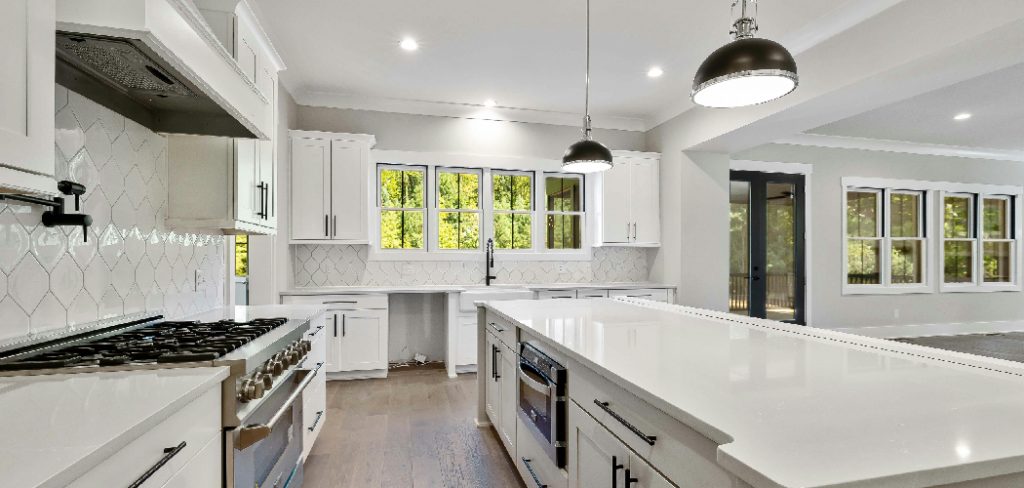
With a wide array of materials, patterns, and hues available, selecting the perfect color can feel overwhelming. This guide explores the key aspects of how to pick countertop color. However, by considering factors like your room’s color scheme, lighting, and personal style, you can narrow down your options and make a choice that complements your space beautifully.
The Importance of Choosing the Right Countertop
The countertop is one of the most prominent features in a kitchen or bathroom, making its color choice essential to the overall design. The right countertop color can either harmonize with the existing décor or create a bold focal point, depending on the desired aesthetic.
Beyond its visual appeal, a well-chosen countertop color can enhance a room’s ambiance, creating a sense of warmth, elegance, or modernity. Additionally, it plays a practical role by camouflaging daily wear and tear, stains, or imperfections over time. Selecting the right color is not just about preference but also about ensuring the space remains functional and visually cohesive for years to come.
Assessing Your Space and Style for Countertop
Before selecting a countertop color, it’s essential to evaluate the overall design and style of your space. Start by considering the existing color palette of your walls, cabinetry, flooring, and backsplash. Aim for a countertop color that either complements or tastefully contrasts with these elements to achieve a balanced look.
Next, think about the style of your kitchen or bathroom—whether it’s modern, traditional, farmhouse, or eclectic. Certain countertop materials and colors align better with specific styles. For example, sleek, solid-colored countertops work well in modern spaces, while natural stone patterns like granite or marble suit rustic or classic designs.
Additionally, assess the room’s lighting—both natural and artificial—as this can impact how the colors appear at different times of day. Harmonizing your countertop choice with your space and design style ensures a cohesive and personalized aesthetic.
10 Smart Methods on How to Pick Countertop Color
1. Match with Your Cabinetry
Cabinets and countertops share a close visual connection, so their coordination is key. Look for shades that complement or contrast your cabinetry thoughtfully. For example, white cabinets pair beautifully with darker countertops like black granite for contrast, while warm wooden cabinets look great paired with neutral beige or cream hues.
Pro tip: Take a cabinet sample with you when shopping for countertops to make the decision easier.
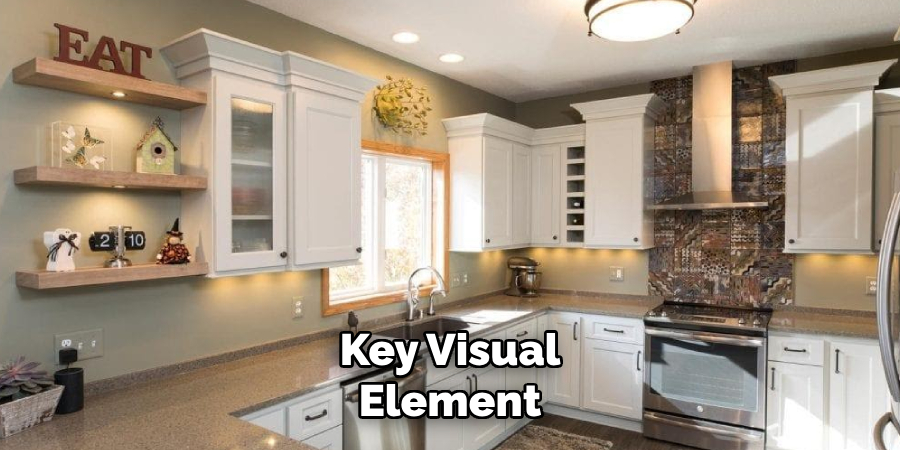
2. Consider the Overall Color Scheme
Your countertop should work harmoniously within the room’s broader color palette. Whether you’re aiming for a warm, cool, or neutral feel, ensure the countertop aligns.
- For cool tones like soft blues or grays, understated white or gray surfaces can add balance.
- If your room features warm tones like yellows or terracotta, lean towards warm beige or brown countertops.
Consistency is key to achieving a cohesive design.
3. Factor in Lighting
Lighting has a powerful influence on how colors appear. A darker surface might look enchanting under bright natural light but feel overly heavy in dimly lit areas. Carry countertop samples home to see how they interact with both natural and artificial lighting in your kitchen or bathroom.
Tip: Test samples at different times of the day to get a full sense of how they’ll look.
4. Think About Maintenance
Every color and material shows wear differently, so think about your lifestyle before committing.
- Light counters hide scratches but might show stains more.
- Darker counters can hide spills but may show dust or streaks.
For a busy household, consider low-maintenance colors like textured patterns or mid-tones that conceal imperfections better.
5. Sync with Your Backsplash
Imagine your countertop and backsplash as design partners. While they don’t have to match exactly, they should complement one another. A simple, solid-colored countertop looks stunning with a textured or patterned backsplash, while a statement countertop can shine with a minimalist backsplash.
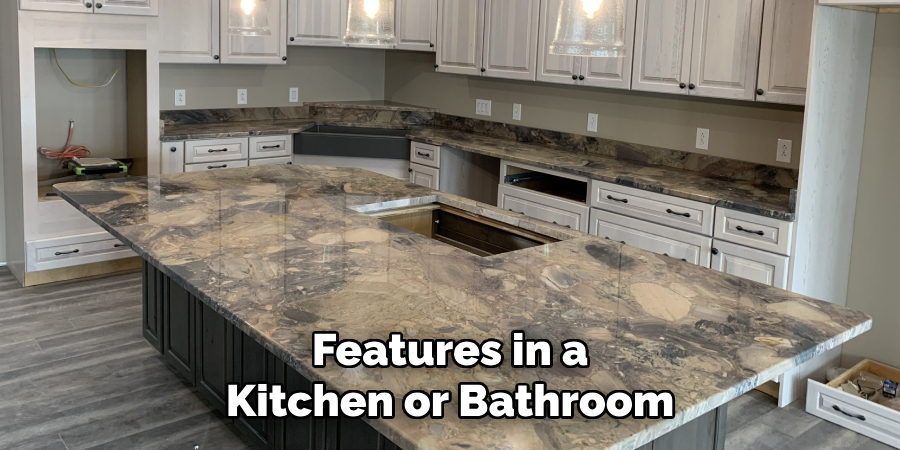
6. Explore Natural Materials
Leaning toward natural stone? Each slab is unique, so take advantage of its individuality. Granite, marble, and quartzite offer rich textures and natural color variations that can serve as the centerpiece of any room. Opt for neutral tones if you prefer flexibility, as they adapt to changing trends and future renovations.
7. Bring in Samples
Never rely solely on pictures or showroom visuals. Request physical countertop samples to take home. Position them next to your cabinets and walls to see how the colors interact in your space. You’ll gain a clearer idea of what works best in your environment.
8. Prioritize Longevity Over Trends
It can be tempting to choose trendy colors, but countertops are a long-term investment. Neutral shades like white, gray, and beige are timeless and pair well with various styles, ensuring your kitchen or bathroom doesn’t feel dated over time. Bring in pops of trendy colors through accessories instead of permanent surfaces.
9. Weigh in Bold Choices
If you want your countertop to make a statement, bold colors or luxurious patterns are a great way to grab attention. Deep greens, navy blues, or veined marble can give your space unique character. Just ensure the rest of your design remains relatively simple to avoid visual overwhelm.
10. Consult a Professional
Sometimes, all you need is expert guidance! Many retailers offer free consultations to help you pull together samples, match existing design elements, or suggest fresh ideas. A second opinion from an interior designer or remodeling professional can ensure you’re making the best choice.
Things to Consider When Choosing Countertops
When selecting the ideal countertops for your kitchen or bathroom, it’s important to weigh several practical and aesthetic factors to ensure a decision that you’ll love for years to come. Your countertops should not only be durable and functional but also complement the overall design of your space. Here are some key considerations when making your choice:
- Your Budget
Countertops come in a wide range of price points depending on the material, finish, and installation requirements. Determine your budget early, so you can narrow down your options and avoid overspending. Materials like laminate and solid surface are more affordable, while natural stone like marble or quartzite tends to be more expensive.
- Lifestyle and Usage
Think about how you’ll use your countertops on a daily basis. Families with young children might prefer more durable and low-maintenance options, such as quartz or granite, that resist stains and scratches. If you love baking, materials like marble with a naturally cool surface may appeal to you.
- Durability
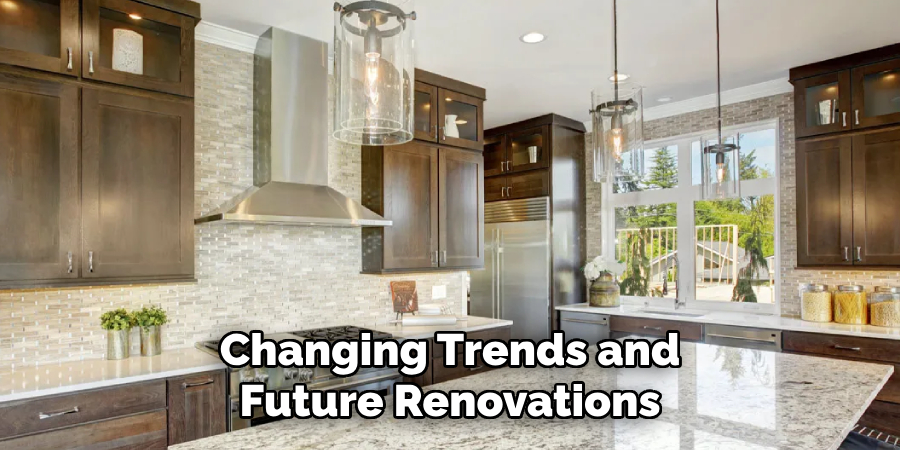
Consider the wear and tear your countertops will endure over time. Materials like granite and quartz are known for their resistance to heat, scratches, and stains, while softer materials like marble require more maintenance to stay in top condition.
- Aesthetic Preferences
Your personal style plays a big role in this decision. Do you prefer the luxury of polished stone or the modernity of a sleek, solid surface? Consider how the material’s colors, patterns, and textures fit with your cabinetry, flooring, and overall décor.
- Environmental Impact
For eco-conscious homeowners, look for sustainable materials like recycled glass countertops or responsibly sourced wood. These options can provide an environmentally friendly alternative without compromising on style or quality.
Taking the time to carefully consider these factors will help you choose countertops that enhance your home both visually and practically, ensuring a space that you’ll enjoy for years to come.
Common Mistakes to Avoid
When choosing countertops, it’s easy to overlook certain considerations or make choices that lead to regret later. Here are some common mistakes to avoid during the selection process:
Ignoring Your Budget
While it’s tempting to fall in love with high-end materials, exceeding your budget can lead to financial strain. Always factor in the cost of material, installation, and maintenance to ensure you stay within your means.
Choosing Based on Trends Alone
Picking a trendy material or color without considering its longevity can lead to a design that feels dated in just a few years. Balance trendy choices with timeless elements to ensure your counters stand the test of time.
Overlooking Durability
Don’t sacrifice functionality for appearance. Materials that look beautiful but don’t align with your lifestyle—such as scratch-prone marble in a high-use kitchen—can quickly show wear and tear.
Skipping the Sample Test
Buying countertops based on showroom displays or online images without testing samples at home can lead to mismatched colors or textures. Always evaluate samples under your home’s unique lighting conditions.
Neglecting Maintenance Requirements
Some materials, like marble or soapstone, require regular care to maintain their finish, while others, like quartz, are more low maintenance. Be realistic about how much time and effort you’re willing to invest in upkeep.
Mismatch with Cabinetry and Floors
Countertops that don’t complement your cabinets or flooring can disrupt the balance of your design. Always consider the overall aesthetic of your space to create harmony between all elements.
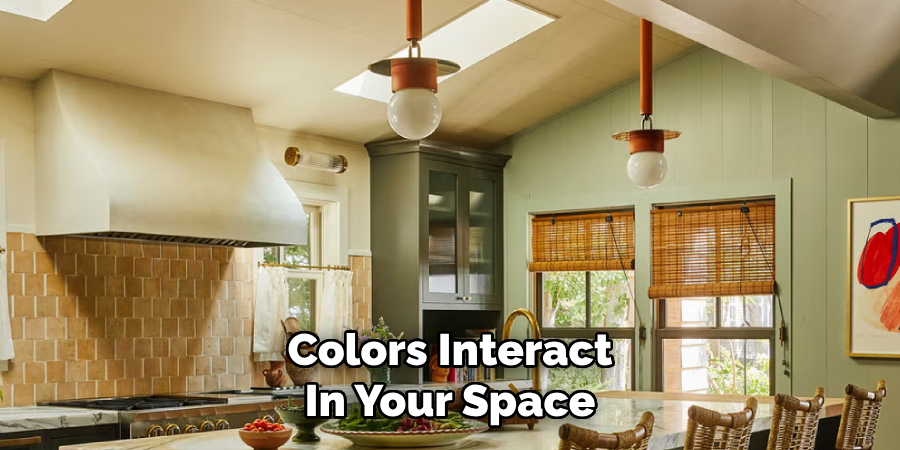
Conclusion
Selecting the perfect countertops for your home is a decision that requires careful thought and consideration. By evaluating factors such as budget, durability, lifestyle needs, and aesthetics, you can find a material that balances both form and function.
Avoiding common mistakes, such as overlooking maintenance or choosing solely based on trends, will help ensure your countertops enhance your home’s design and stand the test of time. Thanks for reading our blog post on how to pick countertop color! We hope you found it helpful and informative.
Professional Focus
Angela Ervin, a former interior designer turned blogger, specializes in kitchen design and renovations. Through her website, she blends her passion for cooking with design expertise, sharing practical and creative ideas. Known for balancing functionality and beauty, Angela’s insightful content has made her a trusted voice in home design and lifestyle.
About the Author
Angela Ervin, an experienced interior designer and blogger, combines her passion for kitchen renovations with storytelling. Living in Petersburg with her family, she enjoys cooking and testing her projects firsthand. Known for her humor and relatable style, Angela shares creative, functional design insights through her content, making her a trusted voice in home design.
Education History
University: Virginia Commonwealth University
Degree: Bachelor of Fine Arts (BFA) in Interior Design
- Angela’s education at VCU focused on mastering core interior design principles, including spatial planning, color theory, materials selection, and sustainable design practices.
- She gained hands-on experience through studio projects and collaborative design exercises, which honed her ability to create functional and aesthetically pleasing environments.
- Her coursework also emphasized problem-solving and practical applications of design, preparing her for real-world projects like her self-directed kitchen renovations.
- The program’s strong foundation in both technical skills and creative expression shaped Angela’s ability to seamlessly integrate form and function in her work.
